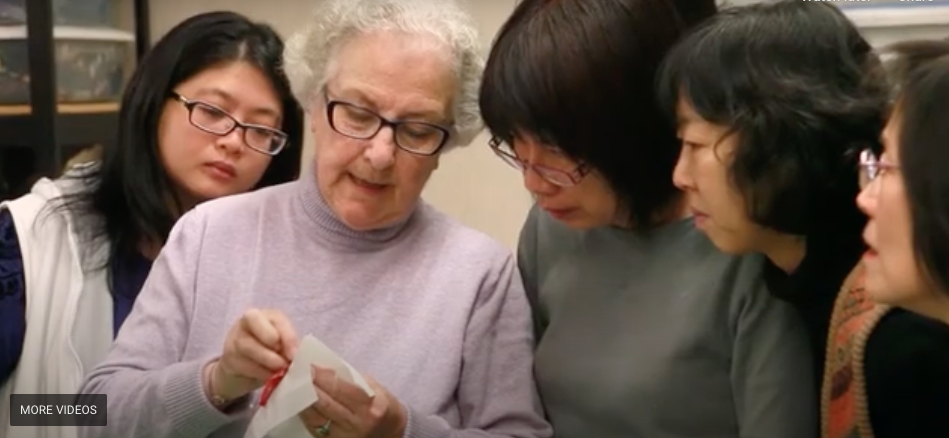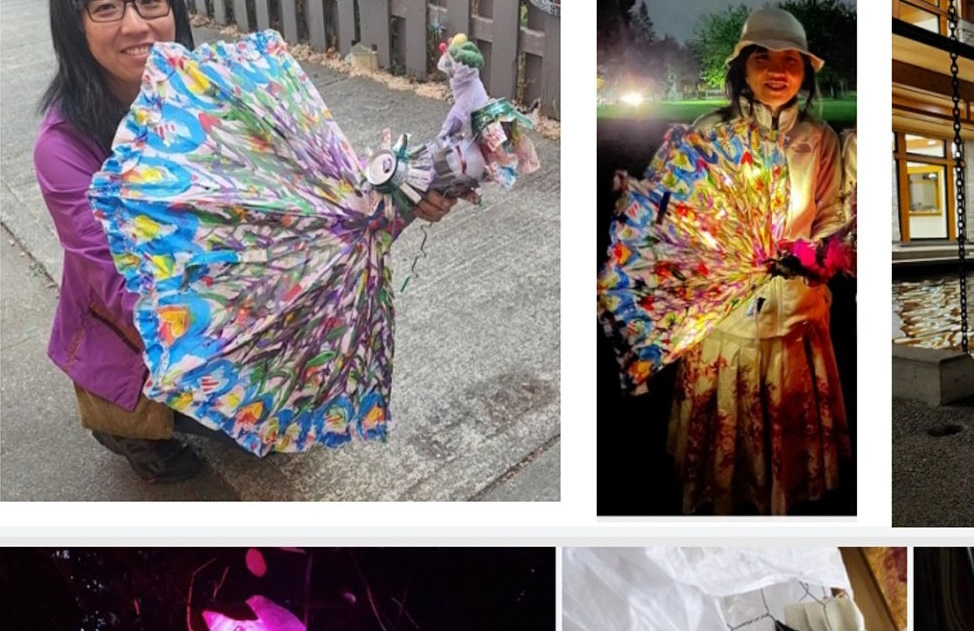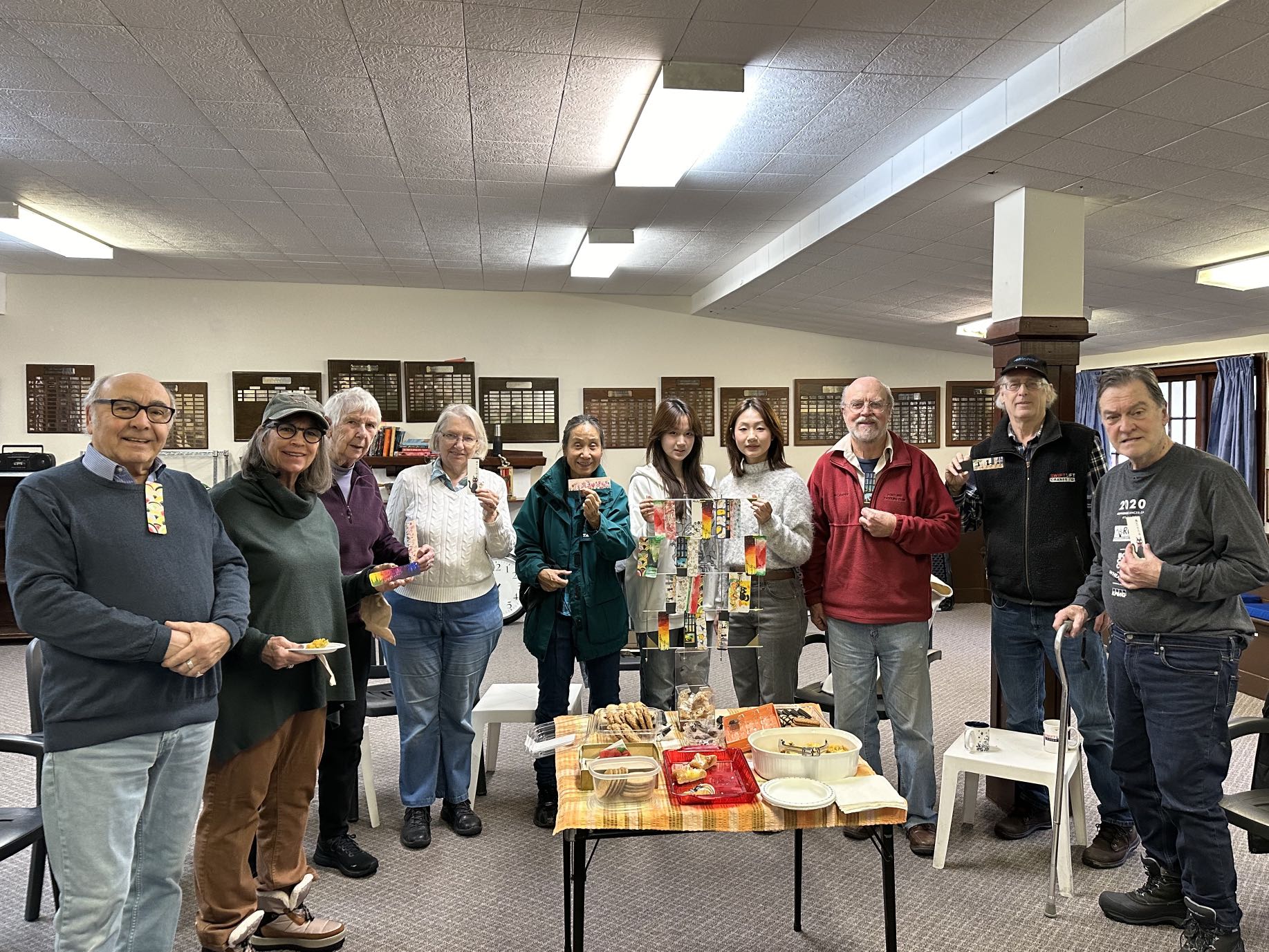NSG
Neighbourhood Small Grants (NSG) provide grants of up to $500 for projects that connect people socially or promote skill-sharing with each other.
And yes, a grant means you don’t need to pay back this funding — no matter the outcome.

How to get started
For many, this is the first grant they apply for. Most start with a general idea of what they want to do, but wonder how to put details down on paper. Or they might be unsure if what they’re doing qualifies. Be sure to read through the Eligibility & FAQs page first before submitting your application. Remember — grant requests can be for up to $500 per project. If your project involves skill-sharing, you may pay out an honorarium of up to $350.
Who can apply?
Anyone who lives in B.C. can apply for a Neighbourhood Small Grant. Find out the kinds of projects you can receive a grant for.
EligibilityGet inspired
Project ideas to get you started
We find these tend to be popular ideas among first-time applicants. They excite neighbours, are easily organized with two people and are low cost.
Winter Art Festival Lantern Making Workshop
Read MoreInspiration and PlanningThe Winter Arts Festival, held from February 16-19 in Downtown Victoria, served as…
Let’s Meditate
Read MoreThank you so much for the Neighborhood Small Grant. As planned, we have used this…
Creativity in Bookmarks
Read MoreThe “Creativity in Bookmarks!” project was a wonderful initiative aimed at fostering community bonds through…




